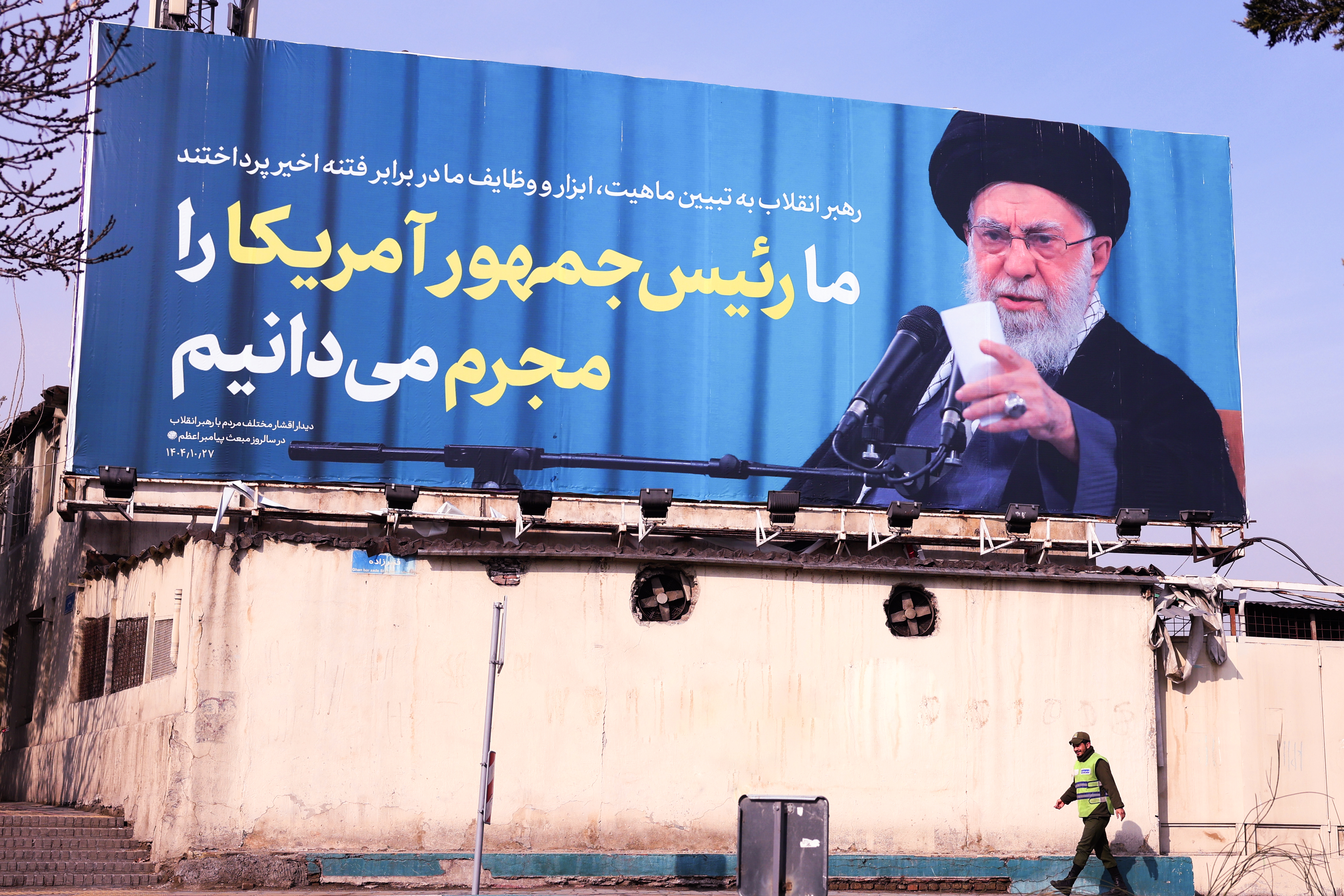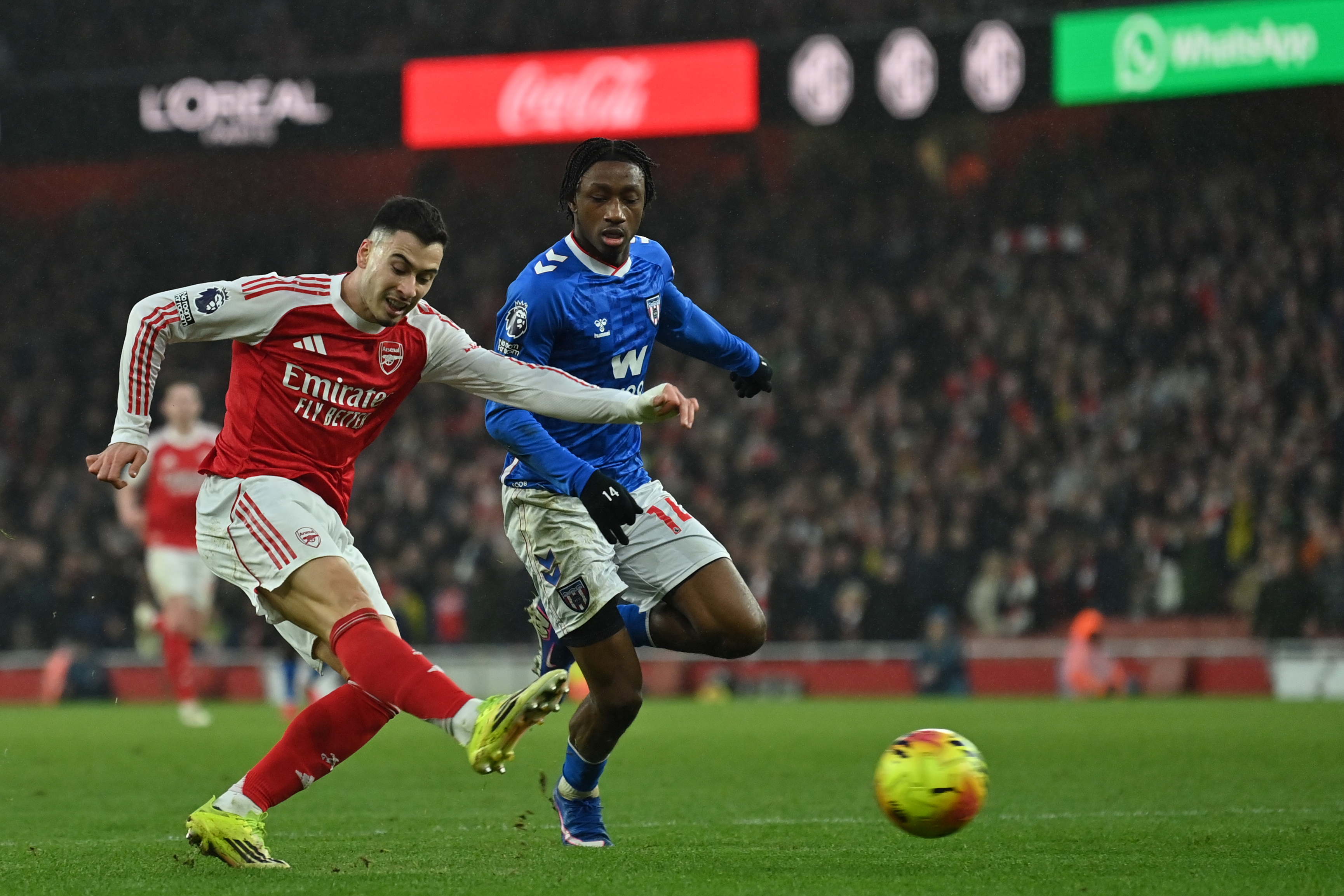Iran FM looks to more nuclear talks, but warns US
Iranian Foreign Minister Abbas Araghchi said on Saturday he hoped talks with the United States would resume soon, while reiterating Tehran’s red lines and warning against any American attack.According to excerpts published on his official Telegram channel during an interview with the Al Jazeera network, Araghchi said that Iran’s missile programme was “never negotiable” in Friday’s talks in Oman.Israeli Prime Minister Benjamin Netanyahu is expected to raise the ballistic missiles programme in a meeting with US President Donald Trump in Washington next week.Araghchi meanwhile warned that Tehran would target US bases in the region if the US attacked Iranian territory.It came as lead Iran negotiators Steve Witkoff and Jared Kushner visited the USS Abraham Lincoln aircraft carrier in the Arabian Sea, signalling the persistent threat of US military action.The US military’s Central Command (CENTCOM) said the two top officials visited the nuclear-powered vessel in a post on social media.In his own social media post, Witkoff said the aircraft carrier and its strike group was “keeping us safe and upholding President Trump’s message of peace through strength”.- ‘Good start’ -Araghchi on Saturday said that despite the talks in Muscat being indirect, “an opportunity arose to shake hands with the American delegation”.He called the talks “a good start”, but insisted “there is a long way to go to build trust”. He said the talks would resume “soon”.Trump on Friday called the talks “very good”, and pledged another round of negotiations next week.Despite this, he signed an executive order effective from Saturday that called for the “imposition of tariffs” on countries still doing business with Iran.The United States also announced new sanctions against numerous shipping entities and vessels, aimed at curbing Iran’s oil exports.More than a quarter of Iran’s trade is with China, with $18 billion in imports and $14.5 billion in exports in 2024, according to World Trade Organization data.- ‘Defence issue’ -Araghchi told Al Jazeera that nuclear enrichment was Iran’s “inalienable right and must continue”.”We are ready to reach a reassuring agreement on enrichment,” he said.”The Iranian nuclear case will only be resolved through negotiations.”He also said Iran’s missile programme was “never negotiable” because it relates to a “defence issue”.Washington has sought to address Iran’s ballistic missile programme and its support for militant groups in the region — issues which Israel has pushed to include in the talks, according to media reports.Tehran has repeatedly rejected expanding the scope of the negotiations beyond the nuclear issue.Netanyahu is set to meet Trump on Wednesday to discuss the Iran talks, the premier’s office said in a statement Saturday.Netanyahu “believes any negotiations must include limitations on ballistic missiles and a halting of the support for the Iranian axis”, it said, referring to Iran’s allies in the region.On Saturday, Araghchi criticised what he labelled a “doctrine of domination” that allows Israel to expand its military arsenal while pressuring other states in the region to disarm.Friday’s negotiations were the first since nuclear talks between Iran and the United States collapsed last year following Israel’s unprecedented bombing campaign against Iran, which triggered a 12-day war.During the war US warplanes bombed Iranian nuclear sites.Araghchi told Al Jazeera that if attacked again, “we will attack their bases in the region”, referring to the United States.- Protests toll -Friday’s talks between the two arch enemies came amid a major US military buildup in the region in the wake of Iran’s crackdown on protests that began in late December, driven by economic grievances.The authorities in Iran have acknowledged that 3,117 people were killed in the recent protests, publishing on Sunday a list of 2,986 names, most of whom they say were members of the security forces and innocent bystanders.International organisations have put the toll far higher.The US-based Human Rights Activists News Agency (HRANA), which has kept a running toll since the onset of the protests, says it has verified 6,961 deaths, mainly of protesters, and has another 11,630 cases under investigation. It has also counted more than 51,000 arrests.




